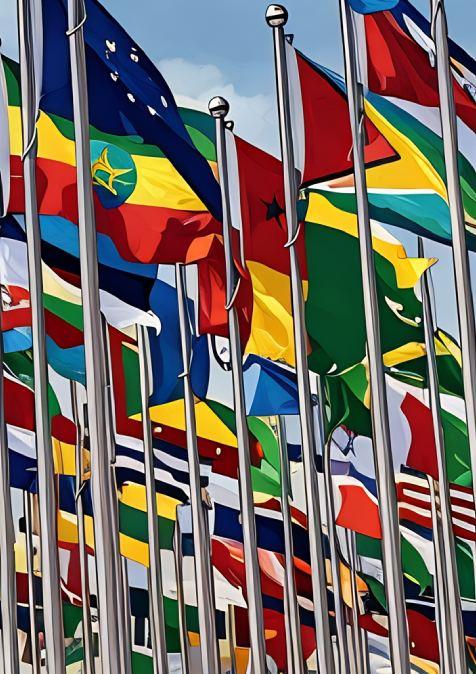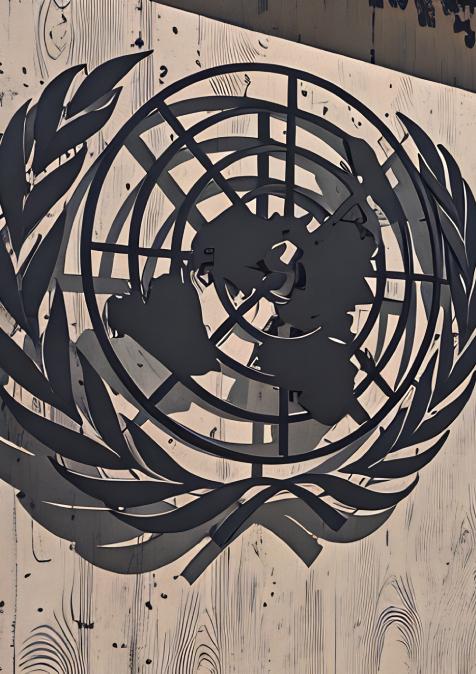Publications /
Policy Brief
2015 was the worst year for world trade since the aftermath of the global financial crisis, with figures exhibiting a decline of almost 14% in dollar value terms. In fact, world trade volumes have lagged behind GDP growth since the 2000s, a trend accentuated since the onset of the global financial crisis, whereas global trade increases took place at a higher pace than world GDP prior to the new millennium. Although some transitional – and therefore potentially reversible – explaining factors may be pointed out, some structural trends have also been at play. Given that trade has been a key driver of global growth, income convergence, and poverty reduction, concerns have been raised over whether the current directions of world trade lead towards a lesser development-boosting potential.










